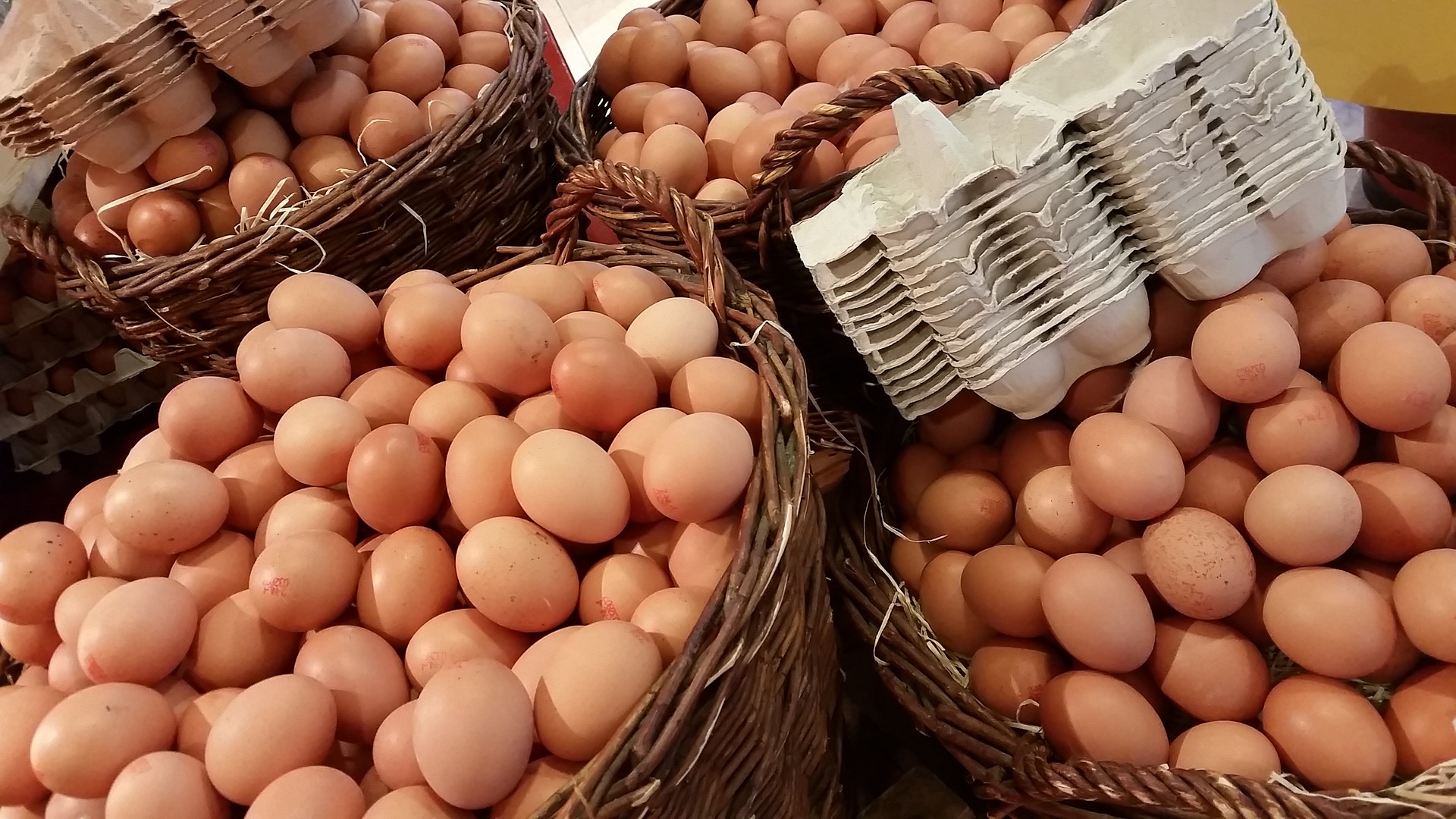 Skeletal muscle is made up predominantly of protein. When we eat animal flesh we are eating their muscle, along with any associated fat and a small amount of carbohydrate stored in skeletal muscle as glycogen. Skeletal muscle is made up predominantly of three essential amino acids called the branched chain amino acids, due to their unique branched structure. These are leucine, isoleucine and valine. These amino acids cannot be synthesised in the body as humans do not possess the synthesising enzymes, and so they must come from the diet. A shortage of any one of these amino acids in the diet can cause a loss of skeletal muscle, and low energy and low protein diets may cause a loss of skeletal muscle for this reason. High protein diets do not necessarily stimulate muscle growth, because for this to happen their also needs to be a stimulus such as resistance training. Resistance training provides local cellular and systemic hormonal changes and in the presence of adequate branched chain amino acids, this stimulates muscle growth.
Skeletal muscle is made up predominantly of protein. When we eat animal flesh we are eating their muscle, along with any associated fat and a small amount of carbohydrate stored in skeletal muscle as glycogen. Skeletal muscle is made up predominantly of three essential amino acids called the branched chain amino acids, due to their unique branched structure. These are leucine, isoleucine and valine. These amino acids cannot be synthesised in the body as humans do not possess the synthesising enzymes, and so they must come from the diet. A shortage of any one of these amino acids in the diet can cause a loss of skeletal muscle, and low energy and low protein diets may cause a loss of skeletal muscle for this reason. High protein diets do not necessarily stimulate muscle growth, because for this to happen their also needs to be a stimulus such as resistance training. Resistance training provides local cellular and systemic hormonal changes and in the presence of adequate branched chain amino acids, this stimulates muscle growth.

Complete protein is that which contains adequate amounts of the essential amino acids for optimal health, including adequate amounts of branched chain amino acids for muscle growth. All animal protein and animal products are complete proteins. For example, eggs are a complete protein and a very good source of branched chain amino acids. Incomplete protein, as found in plants, must be combined with other proteins in order to obtain the full range of essential amino acids at their optimal intakes.
Eat Well, Stay Healthy, Protect Yourself
RdB
